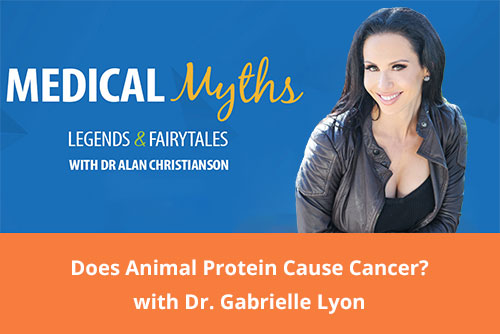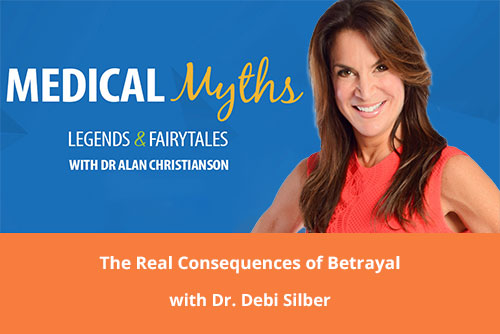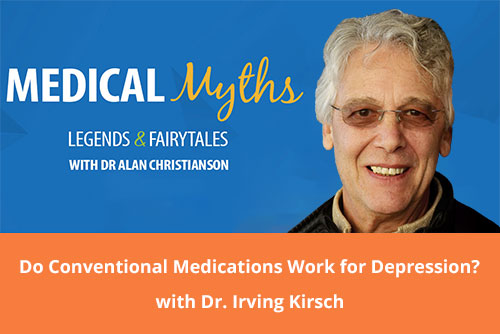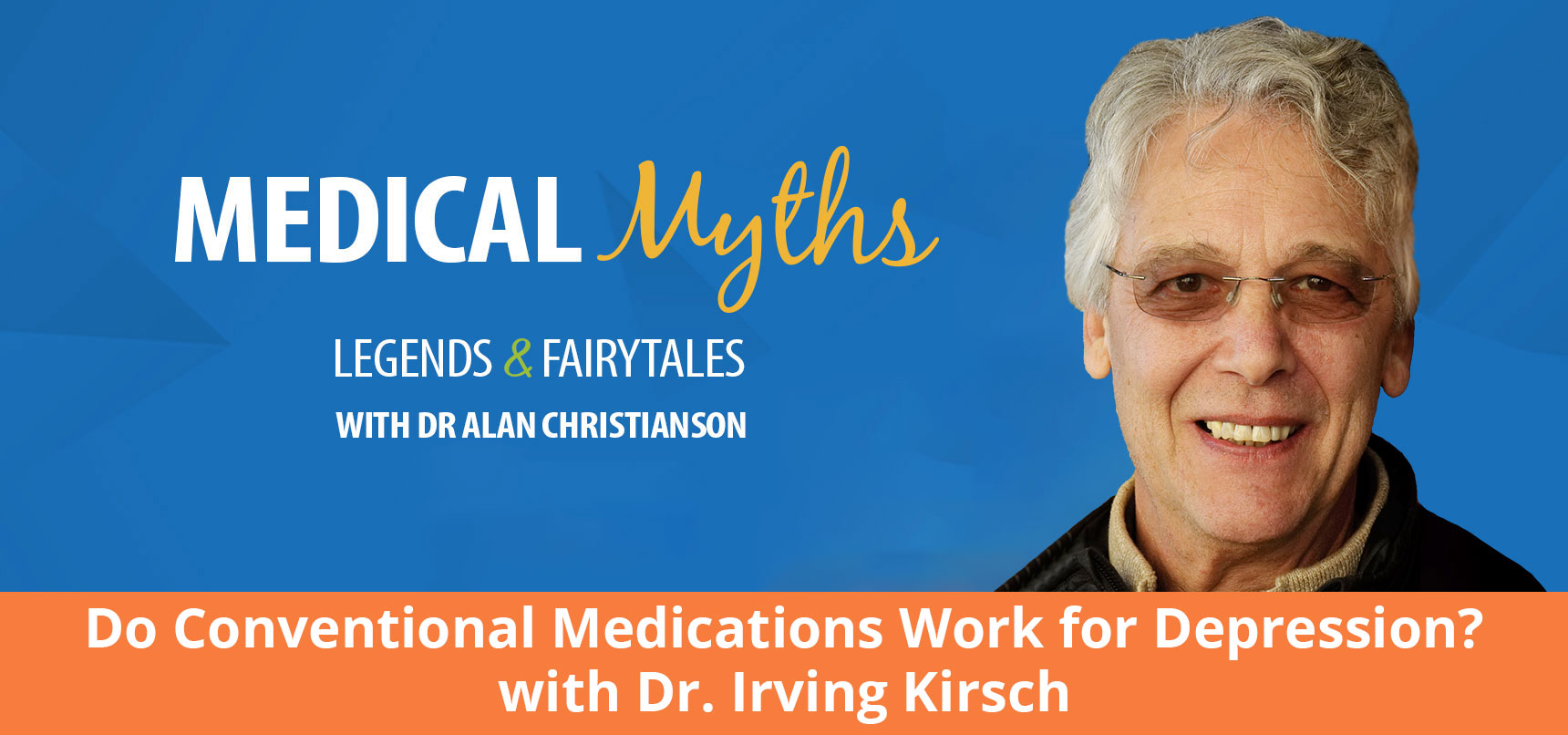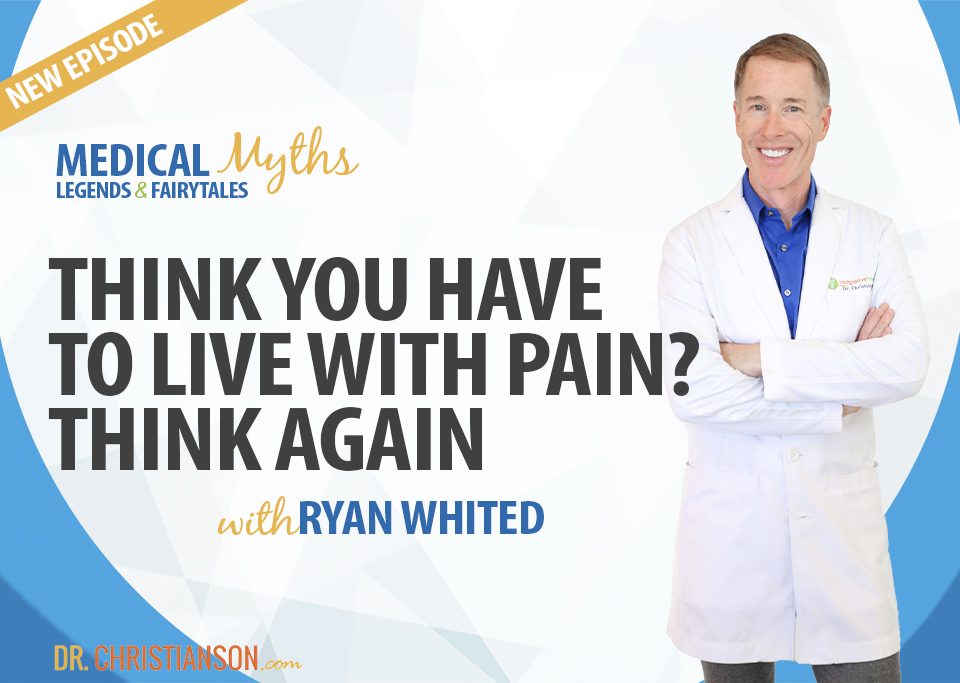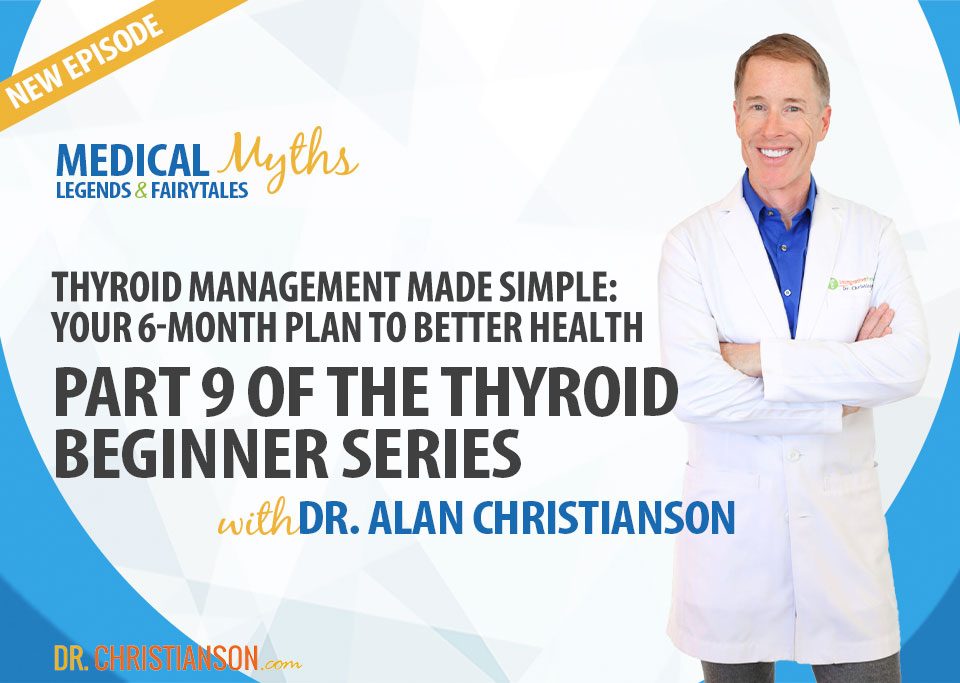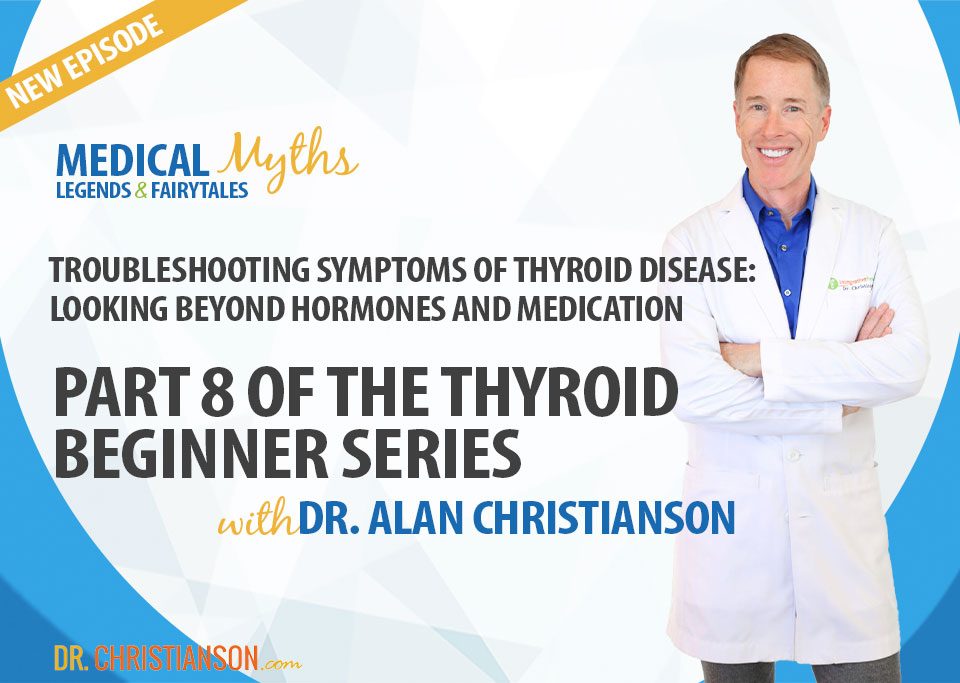Podcast – Do Conventional Medications Work for Depression? with Dr. Irving Kirsch
Description: Between the latest online fads and the crazy media headlines, it’s easier than ever to get confused about your health. If you want to make better decisions about your health today so you can feel better and live longer, you’ve come to the right place.
Are antidepressants harmful? Do their side effects outweigh their benefits? Should you avoid using them except in the most critical cases? The answers to these questions only matter if the medications you’re taking actually work. And, particularly in the case of psychotherapy drugs, the answer is not always a clear one.
I’m joined today by Dr. Irving Kirsch, associate director of the Program of Placebo Studies at Harvard Medical School. Dr. Kirsch has spent years researching the true effect of placebos on health and healing, and I know you’re going to find his findings just as shocking as I did. We discuss the duration of effectiveness of placebos, the potential danger of nocebos, and the potential future of medicine and healing. Whether you are looking for alternatives to medications with potentially negative side effects or just want to further your understanding of the power of placebos, this is one medical myth-busting episode you won’t want to miss.
Key Takeaways:
[1:10] Today’s topic is the effect of antidepressant medications relative to the placebo effect.
[2:31] Dr. C introduces Dr. Irving Kirsch, who explains the origins of his findings on placebo effects in the treatment of depression and the studies he ran to reach these conclusions.
[8:12] Companies are required to show that medications are more effective than placebos, but they are allowed to run any number of studies to obtain the findings they are looking for.
[10:40] The numerical relevance of the numbers from Dr. Kirsch’s findings and the effects that both patients and doctors experienced with the placebos and the actual drugs.
[18:44] The duration of the placebo effect can last for years in patients suffering from depression, asthma, Parkinson’s disease, allergies, digestive issues, and more.
[21:51] The physiological and subjective changes that take place with the placebo effect are all very real, as are the side effects of the nocebo effect.
[25:32] Dr. Kirsch offers an overview of the research that went into his new book and the policies that should be changed as a result of his findings.
[31:47] A look at effective non-drug treatments for depression include physical exercise, psychotherapy, acupuncture, Omega-3 supplements, yoga, and homeopathy.
[34:31] The effectiveness of open placebo trials in which patients know that they are being given a placebo and the necessary explanation that must be given in order for it to work.
[40:35] What you need to do if your antidepressant medication is not working and it is posing negative side effects.
[43:43] Dr. Kirsch shares the experiences he has had as a result of sharing his findings in The Emperor’s New Drugs, including placebo surgery, injections, and pills.
[49:41] The color, size, quantity and price tag of placebo pills all influence their effectiveness.
[51:11] The most surprising findings that Dr. Kirsch has discovered relative to the placebo effect, his hopes for the future of placebos in clinical practice, and his recommendations for patients.
[58:54] Do you have a topic you’d like me to cover? Contact me on Facebook or Instagram using #medicalmyths.
To learn more:
The Emperor’s New Drugs: Exploding the Antidepressant Myth by Dr. Irving Kirsch
Tweetables:
“Once a doctor expects a patient to get better, that leads them to see them getting better, whether they really are or not.” — Dr. Irving Kirsch
“Just about everybody is capable of showing response to placebos. Responding to a placebo is not a sign of gullibility or low intelligence or anything like that.” — Dr. Irving Kirsch
“Surgery is a particularly effective placebo. People get better following placebo surgery and the improvement is more than it is for placebo injections.” — Dr. Irving Kirsch


